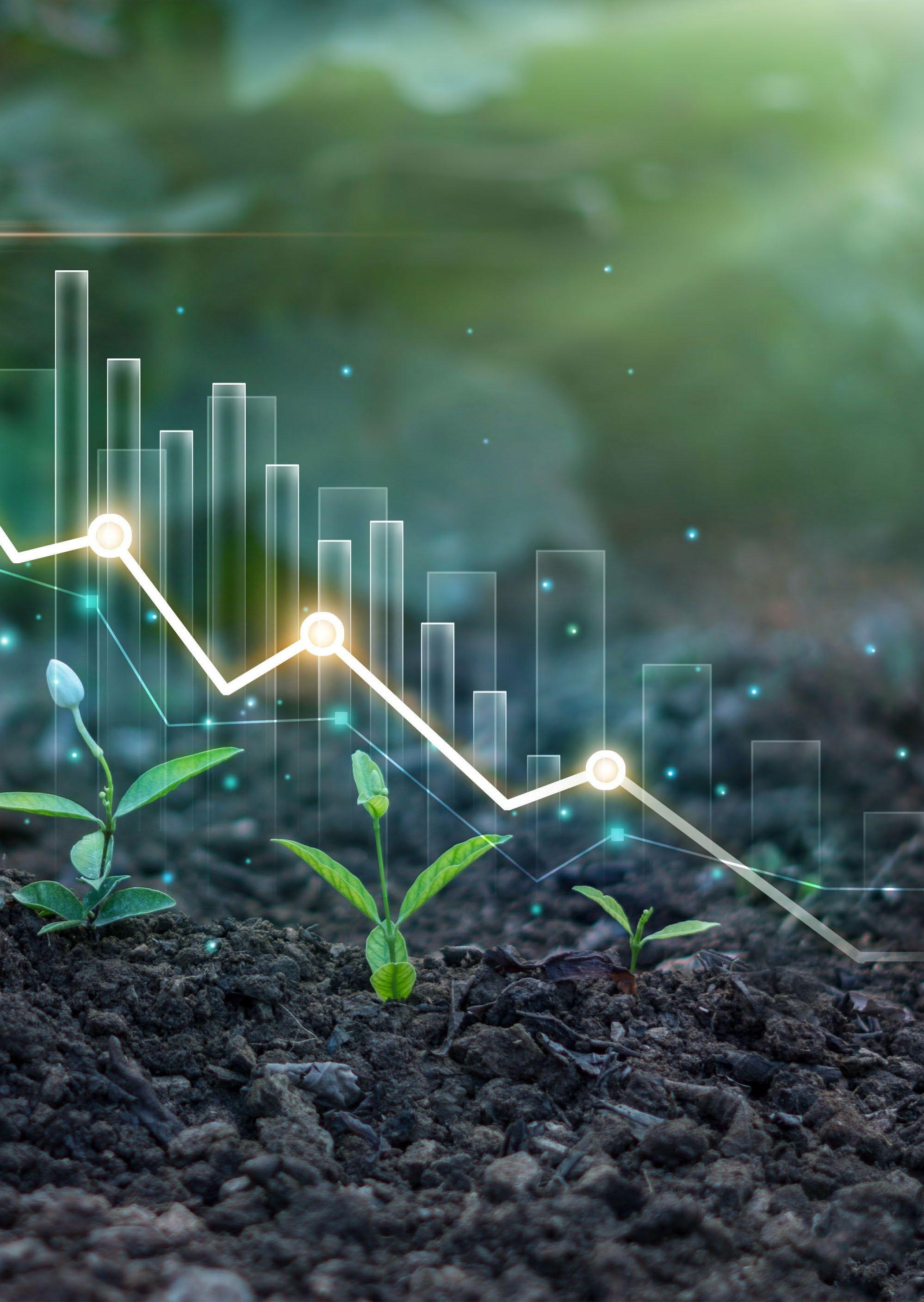
3 minute read
Subirrigation using treated wastewater
How are technology investors approaching water-tech’s role in global food security?
The food-water nexus is becoming an increasingly actionable opportunity for financial and impact technology investors. While not really referred to as the 'water industry', agriculture is the single biggest user of water, as well as a major contributor to surface water pollution. Financial and impact investors that are able to 'see' water-tech opportunities in agriculture stand to do well in the coming decade.
Advertisement
Yet, there are many venture investors in 'ag-tech' that see limited water-tech deals, and there are 'water-tech' investors who somehow overlook the opportunities in agriculture/aquaculture. Investors who are able to have a foot in both worlds will not only see more deals, but see more quality deals, helping them realise their impact or financial goals.
Corporates one might think of as ‘ag’ actually have significant investments in, and a growing appetite for, innovations that improve efficiencies and manage water-related risks. Examples include: John Deere, Valmont, Lindsay, Franklin Electric, Layne Christensen, and CNH Industrial.

Investors perspective:
Julie Martin, Director at Grow Forward
What are some of the water-related challenges facing the agricultural sector?

With over 8 billion people on the planet, our food requirements have increased dramatically in order to feed our growing population. For example, we use over 2 quadrillion gallons of water each year for our agriculture system. The Great Lakes have 6 quadrillion gallons of water in total, but as our population grows, a higher percentage of our water will be needed for agriculture. How does your company encourage sustainable agriculture?
We look at technologies and food production systems that are efficient with their water usage and help protect our most valuable asset.
For example, our portfolio company, LocalCoho, uses a recirculating aquaculture system where water is filtered and recycled 9 times before being discharged.
Another portfolio company, InnovaFeed, utilises wet byproducts from large agriculture production to feed its insects for protein. The insect frass (waste) becomes an organic fertiliser that can provide nutrition to the local farmers’ crops.
How do you think the water industry can help agriculture overcomesome of these challenges?
There are a number of ways in which we can get more efficient with our water. To start, we need to ensure that the usage of water is maximised. For example, growing crops in a greenhouse can save over 90% of the water required for growing as compared to producing crops in outdoor soil.
We think technology will be instrumental in transforming how we can produce food for a fraction of the water of traditional farming and will be very valuable moving forward.
What water technologies and innovations do you think will be important?
Producing the proteins and foods that we love takes a lot of water.
Dairy cattle require over 40 gallons per day, cattle for beef is over 20 gallons per day, and pigs require over 5 gallons per day.
The world’s favourite beverage, coffee, requires over 37 gallons to make the beans for one cup.
These are massive numbers that put into perspective just how valuable water will be In the future.
With a growing population, technology that can reuse water from one industry and provide value for another will be leaders in the 21st century. One area that we are really excited about is the technology to utilise animal waste as a valuable organic fertiliser for the agriculture sector. How can the investment community encourage the uptake of water-wise business practices?
Water has been an underinvested asset for a long time. Historically, investors have focused on other hard assets because the supply of water has never been in doubt and there was minimal perceived value in the asset. Now that supply has become more constrained, as evidenced by what is happening on the West Coast of the US, we think water tech and investments that can increase the efficiency of water usage will have a lot of value in the decades to come.
Any other thoughts?
Control of water is heavily regulated as states hold their water rights very closely. Relative to all other assets that have become dominated by the private sector, water is still widely controlled by public municipal districts. That presents some opportunity for the private sector to potentially disrupt the current infrastructure with more efficient systems than what we are currently working with.






